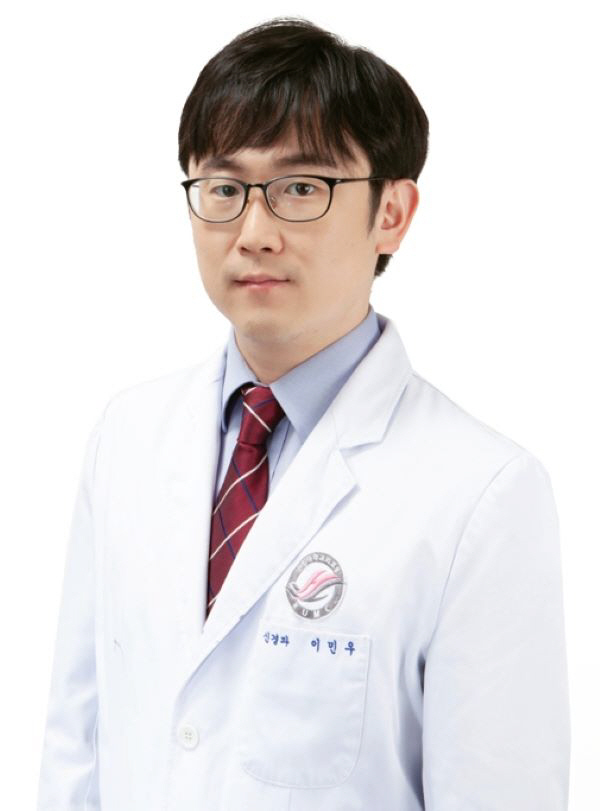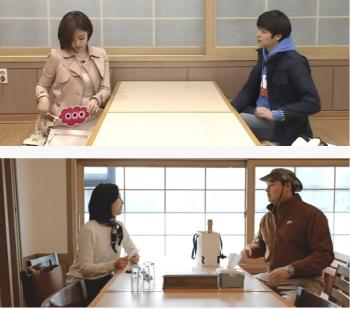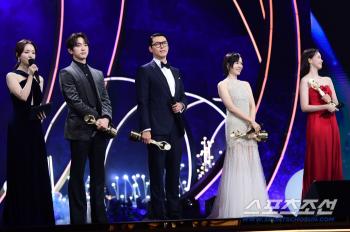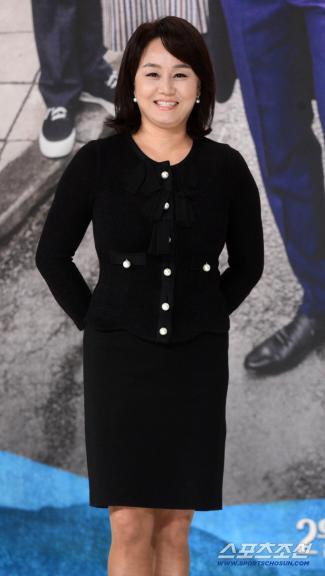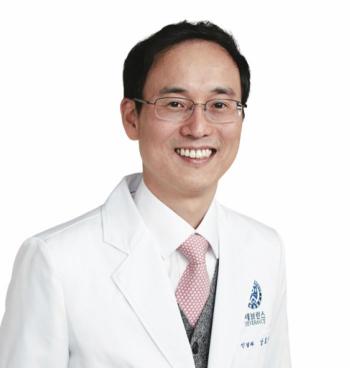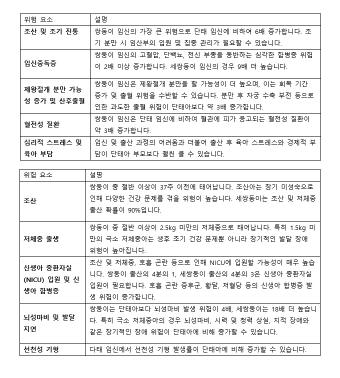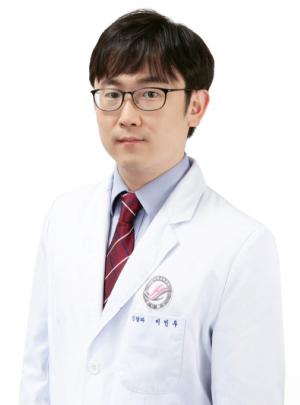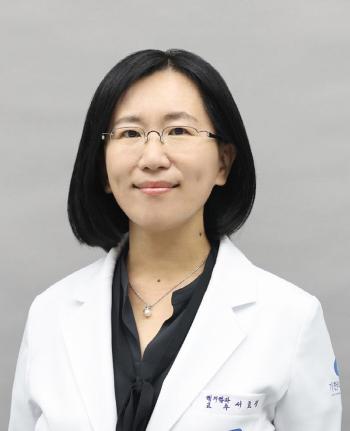Professor Lee Min-woo of Hallim University Sacred Heart Hospital, Young Researcher Award of the Korean Society of Neurology
Nov 20, 2025
Professor Lee Min-woo of the Department of Neurology at Hallym University Sacred Heart Hospital (Hospital President Kim Hyung-soo) won the 'Young Researcher Award' at the '2025 Korean Society of Neurology Fall Conference" held at ST Center in Gangnam-gu, Seoul on the 8th.
The 'Korea Neuroscience Society Young Researcher Award' is an annual award given by the society to discover and foster excellent emerging researchers in the field of neuroscience in Korea, and the winners are selected by examining years of research results and future research plans.
Professor Lee Min-woo was honored for the excellence of his research plan on the development of 'Brain Health Outcome Scale (BHOS)', which integrates the cognitive and motor functions of stroke patients, and the achievements of his recently published papers.
Currently, the modified Rankin Scale (mRS), which is widely used to evaluate the degree of recovery of stroke patients, is mainly evaluated based on motor function, so there is a limitation that it does not sufficiently reflect important aspects such as the patient's overall quality of life or cognitive function. In fact, about 30% of stroke patients experience cognitive impairment after stroke, which greatly affects the patient's return to daily life and quality of life.
Through this study, Professor Lee develops BHOS, which comprehensively evaluates motor and cognitive functions, and verifies it using data from about 6,650 stroke patients from 18 hospitals nationwide. In addition, it will analyze the long-term prognosis (death, readmission, dementia occurrence, admission to nursing facilities) and the predictive power of medical expenses in connection with the Health Insurance Corporation database. This contributes to the establishment of customized rehabilitation strategies and efficient allocation of medical resources for stroke patients, and ultimately aims to shift to a stroke management paradigm centered on 'Brain Health'.
Professor Lee Min-woo said, "Degenerative neurological disease and stroke aftereffects are areas that put a huge burden on not only individual patients but also society as a whole. It is urgent to develop a more sophisticated prognostic prediction tool." "Through this study, we will develop a tool to accurately evaluate the overall brain health status of stroke patients."," he said.
Professor Lee has been recognized for his outstanding research achievements in the field of vascular cognitive impairment and acute stroke. At the 2023 International Stroke Conference (ICSU), he simultaneously won the Paul Dudley White International Scholar Award and the `Junior Investigator Award' and received the 'Young Researcher Award' from the World Stroke Association and the Korean Stroke Association again this year. In addition, he is actively engaged in academic activities as a general secretary and information officer of the Korean Stroke Association, a medical guideline member, and an international member of the Korean Neurology Association.
The 'Korea Neuroscience Society Young Researcher Award' is an annual award given by the society to discover and foster excellent emerging researchers in the field of neuroscience in Korea, and the winners are selected by examining years of research results and future research plans.
Professor Lee Min-woo was honored for the excellence of his research plan on the development of 'Brain Health Outcome Scale (BHOS)', which integrates the cognitive and motor functions of stroke patients, and the achievements of his recently published papers.
Currently, the modified Rankin Scale (mRS), which is widely used to evaluate the degree of recovery of stroke patients, is mainly evaluated based on motor function, so there is a limitation that it does not sufficiently reflect important aspects such as the patient's overall quality of life or cognitive function. In fact, about 30% of stroke patients experience cognitive impairment after stroke, which greatly affects the patient's return to daily life and quality of life.
Through this study, Professor Lee develops BHOS, which comprehensively evaluates motor and cognitive functions, and verifies it using data from about 6,650 stroke patients from 18 hospitals nationwide. In addition, it will analyze the long-term prognosis (death, readmission, dementia occurrence, admission to nursing facilities) and the predictive power of medical expenses in connection with the Health Insurance Corporation database. This contributes to the establishment of customized rehabilitation strategies and efficient allocation of medical resources for stroke patients, and ultimately aims to shift to a stroke management paradigm centered on 'Brain Health'.
Professor Lee Min-woo said, "Degenerative neurological disease and stroke aftereffects are areas that put a huge burden on not only individual patients but also society as a whole. It is urgent to develop a more sophisticated prognostic prediction tool." "Through this study, we will develop a tool to accurately evaluate the overall brain health status of stroke patients."," he said.
Professor Lee has been recognized for his outstanding research achievements in the field of vascular cognitive impairment and acute stroke. At the 2023 International Stroke Conference (ICSU), he simultaneously won the Paul Dudley White International Scholar Award and the `Junior Investigator Award' and received the 'Young Researcher Award' from the World Stroke Association and the Korean Stroke Association again this year. In addition, he is actively engaged in academic activities as a general secretary and information officer of the Korean Stroke Association, a medical guideline member, and an international member of the Korean Neurology Association.
|
This article was translated by Naver AI translator.
